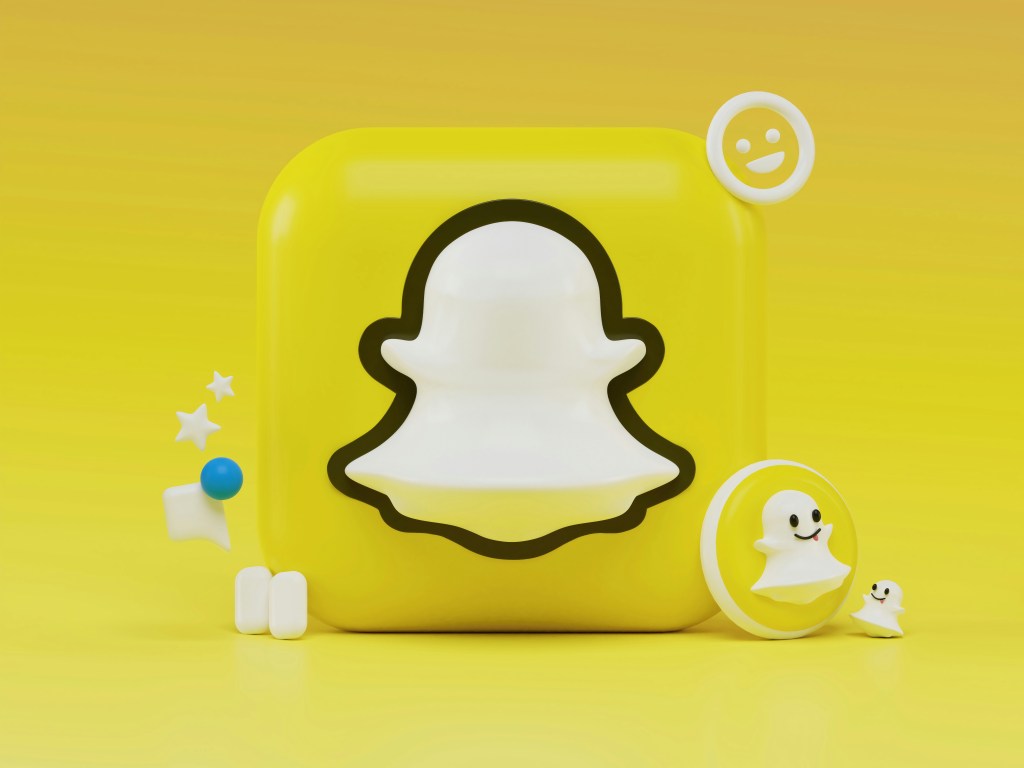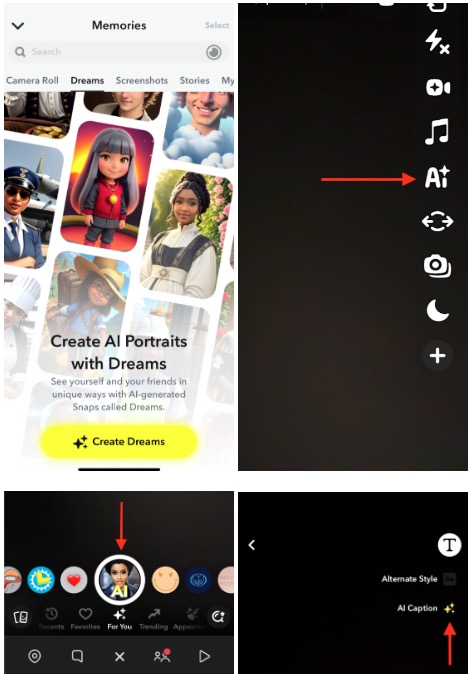
Picsart, a photo-editing startup backed by SoftBank, announced on Thursday that it’s partnering with Getty Images to develop a custom model to bring AI imagery to its 150 million users. The company says the model will bring responsible AI imagery to creators, marketers and small businesses that use its platform.
The model will be built from scratch and will be trained exclusively on Getty Images’ licensed creative content. The company says the partnership will enable Picsart subscribers to generate their own unique images, with full commercial rights. Users will be able to use any of Picsart’s editing tools to add to or customize the assets.
By creating its own model trained exclusively on licensed content, Picsart plans to give its users access to safe AI creative tools at a time when there are rising concerns regarding AI-generated images and copyright issues.

Picsart’s AI lab, PAIR, is building the model. The team will make the model accessible through the company’s own API services.
“Picsart offers endless customization, content, and editing tools for everything from social media ads to website graphics, and this partnership will enable commercially usable AI-generated imagery from a world-class brand,” said Picsart CEO and founder Hovhannes Avoyan, in a statement. “We are thrilled to partner with Getty Images, the most prestigious commercial library out there, to bring this to market.”
Picsart plans to launch the model later this year.
The company is also integrating Getty Images video content into Picsart’s platform and making it available to Plus members.
Picsart isn’t the first startup that Getty Images has partnered with for responsible AI imagery, as it also partnered with AI image generator Bria, and Runway, a startup building generative AI for content creators.


